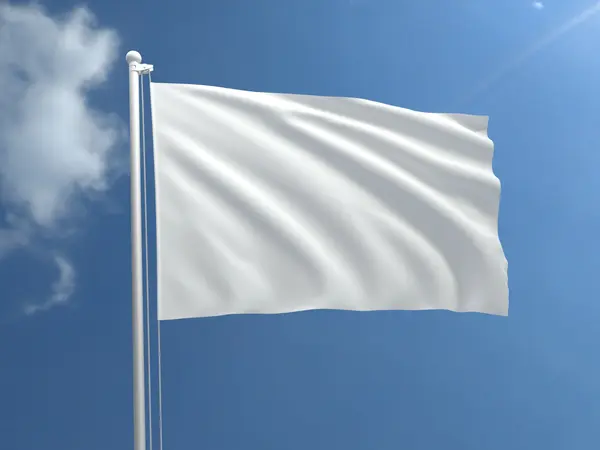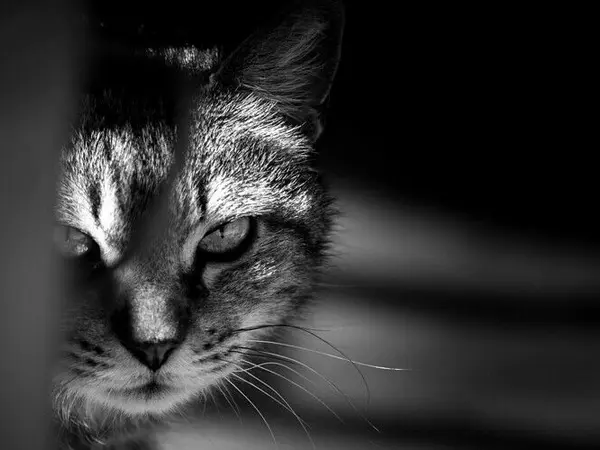tame
adjectivechanged from the wild or savage state; domesticated
Synonyms: docile,gentle,harmless,manageable,mild
Antonyms: harsh,rough,violent,bright
What Makes This Word Tick
The word "tame" often conjures images of wild animals gently coaxed into domesticity, like a lion basking lazily under the sun after years in a circus ring. It's about control, comfort, and sometimes, a little bit of boredom. Whether taming a garden or an attitude, it's about bringing a wild spirit under a peaceful, if not slightly less thrilling, order.
If Tame Were a Person…
Meet Tame - a gentle soul with a cozy sweater vibe, sipping herbal tea while coaxing their friends to chill out. Tame is understated and goes with the flow, often found suggesting a quiet night in rather than an extravagant adventure. They’re a peacemaker at heart, bringing calm to chaos with just a smile.
How This Word Has Changed Over Time
Originally from the Old English "tam," the word hasn't strayed far from its roots. Over the centuries, "tame" has expanded beyond animals to describe personalities, situations, and even TV shows needing a bit more spice. While it initially focused on animals, the term now lends itself to anything that could use a little more excitement.
Old Sayings and Proverbs That Use Tame
"You can't tame a wild heart" echoes in country songs and wisdom shared over coffee. Classics like "taming the beast" reference the eternal struggle of wrangling what was never meant to be controlled.
Surprising Facts About Tame
Did you know "tame" is the root of "tamer," the title given to those brave souls who dared stare lions down in a circus? Also, "Tame" is used in the context of a river in England—though quite untamed during a storm.
Out and About With This Word
In everyday language, "tame" might describe a movie lacking thrills or a party without pizazz. However, a tame garden or pet is a badge of honor, showcasing prowess in the art of gentle control.
Pop Culture Moments Where Tame Was Used
Taylor Swift took a "Wildest Dreams" leap into taming themes, while classic TV shows like "Friends" opted for tame humor, winning hearts with everyday antics rather than edge-pushing drama.
The Word in Literature
From Steinbeck’s "Of Mice and Men" to Orwell's "Animal Farm," taming something—be it land, livestock, or legislation—taps into universal themes of control and civilization. It mirrors the struggle against untamed forces, literal or metaphorical.
Moments in History with Tame
Think of the taming of the Wild West, a significant chapter in history where civilization clashed with untamed nature. Or the redrawing of maps, which attempted quite literally to tame the world’s edges.
This Word Around the World
In French, "apprivoiser" flutters gracefully, while the Japanese have the vivid "nareta" (慣れた), describing those in harmony with their environment. In every language, there's a way to express how wild meets peace.
Where Does It Come From?
"Tame" springs from the Old English "tam," akin to the Dutch "tam," and German "zahm," all highlighting the triumph of tame over turmoil. These roots reflect a shared human desire for order in chaos.
How People Misuse This Word
"Tame" can sometimes mistakenly describe something merely dull, missing its potential power in describing something under control yet still vibrant and lively.
Words It’s Often Confused With
- Bland: Lacks excitement but doesn't necessarily imply control or domesticity.
- Docile: Suggests gentle submission, often misapplying the active element of taming.
- Subdued: More about reduced intensity than the acceptance inherent in taming.
Additional Synonyms and Antonyms
Synonyms include: gentle, docile, domesticated. Antonyms include: wild, fierce, unruly.
Want to Try It Out in a Sentence?
"After years of effort, the once wild garden was finally tame, a testament to patience and persistence."
explore more words

triturate
[trich-uh-reyt]
to reduce to fine particles or powder by rubbing, grinding, bruising, or the like; pulverize

importunate
[im-pawr-chuh-nit]
urgent or persistent in solicitation, sometimes annoyingly so

underlie
[uhn-der-lahy]
to lie under or beneath; be situated under

capitulate
[kuh-pich-uh-leyt ]
to surrender unconditionally or on stipulated terms

ornate
[awr-neyt]
elaborately or sumptuously adorned, often excessively or showily so

exclaim
[ik-skleym]
to cry out; say loudly or vehemently

minatory
[min-uh-tawr-ee]
menacing; threatening

pulmonary
[puhl-muh-ner-ee]
of or relating to the lungs